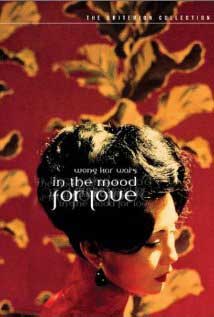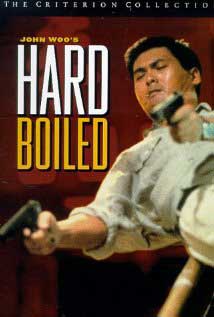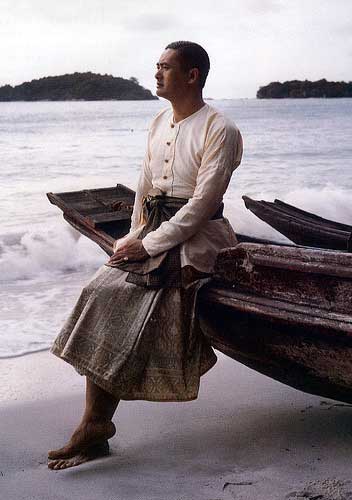Classic Hong Kong Films Pt. 2
Hong Kong films are renowned across the world for their innovation, artistry and brilliant story-telling. In the second of our series on classics from Hong Kong cinema, we look at three undisputed masterpieces, considered amongst the all-time best films to have come from this liveliest of cinematic hubs.
Boat People (1982) In an awe inspiring career that has spanned the last four decades, Ann Hui has become known as one of the world's most provocative and emotionally intelligent film makers. In the early 1980s, while all around here Hong Kong directors seemed obsessed with aping Hollywood crime film excess, Hui carved out a series of personal, deep and socially challenging films known as her ‘Vietnam Trilogy'. The final instalment of that trilogy was Boat People, an evocative account of the plight of everyday Vietnamese people after the fall of Saigon and the communist takeover. On its release it quickly received worldwide acclaim and a string of awards, including Best Picture, Best Director, Best New Performer, Best Screenplay, and Best Art Direction at the Hong Kong film awards. The film also attracted its share of controversy and has, over the years been accused of being anti-communist and anti-Vietnamese. Hui refutes both these charges to this day, insisting it is not a political film but a human one.
In the Mood for Love (2000) Set in Hong Kong in the early 1960s, Wong Kar-wai's sumptuous, hypnotic romance In the Mood for Love is perhaps the most acclaimed film ever made in the Chinese language. The story of a chaste love affair between two lonely, married neighbours (Tony Leung and Maggie Cheung – both awarded at the Hong Kong Film awards), it is a remarkably simple film about complicated emotions. It's a visual treat too, with cinematography by both Christopher Doyle and Mark Lee Ping-bin, two of the world's most sought after DOPs of the time.
The Love Eterne (1963) The classic Chinese story The Butterfly Lovers has been adapted many times to the screen but never has it been rendered so beautifully as in Li Han Hsiang's musical telling. The tale of a young girl (Betty Loh Ti) who impersonates a boy to attend a male only school and falls for one of her classmates (Ivy Ling Po), its timeless, rich beauty and sweetness made it one of Southeast Asia's most popular movies of the time.



